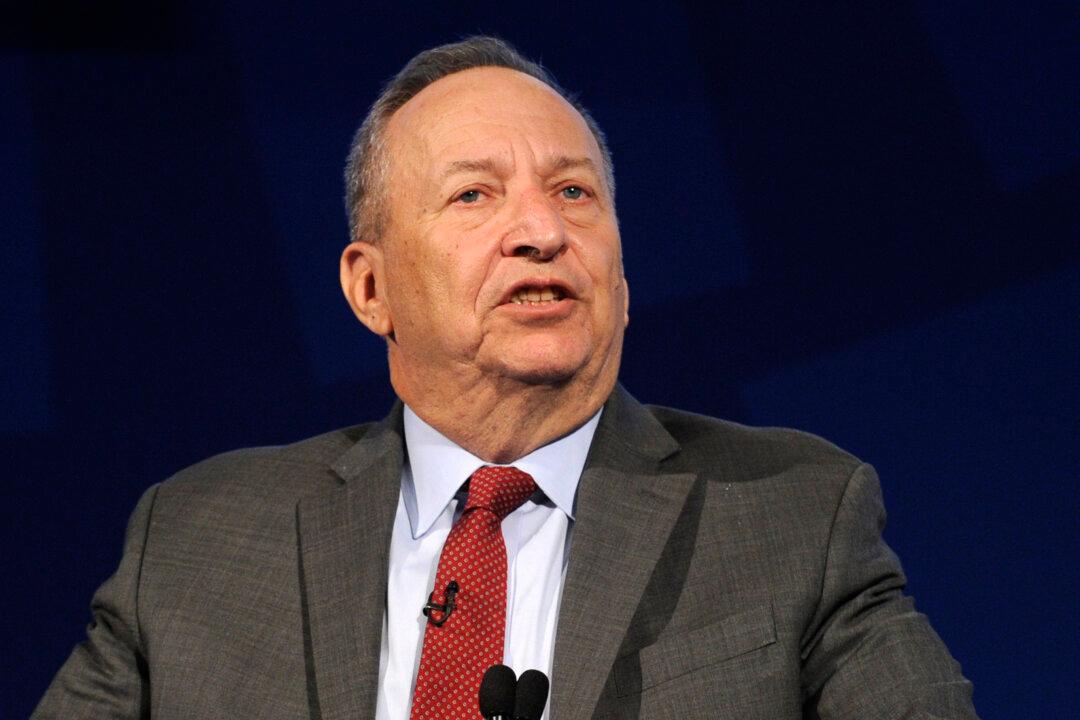The Biden administration needs to reduce regulations and assist oil and gas companies in order to bring down inflationary price pressures on the U.S. economy, said former Treasury Secretary Larry Summers during a recent interview with CNN.
When asked what the administration could do about the recession that many fear could hit the economy next year, Summers said: “I think the Fed has to do what’s necessary to contain inflation. I think the Biden administration could think about a range of measures to reduce costs, making it easier for energy companies to start drilling or fracking for oil and natural gas, reducing tariffs … doing away with regulations like the Jones Act, the rules about shipping that raise prices needlessly for, for example, moving oil from Houston to Newark.”





